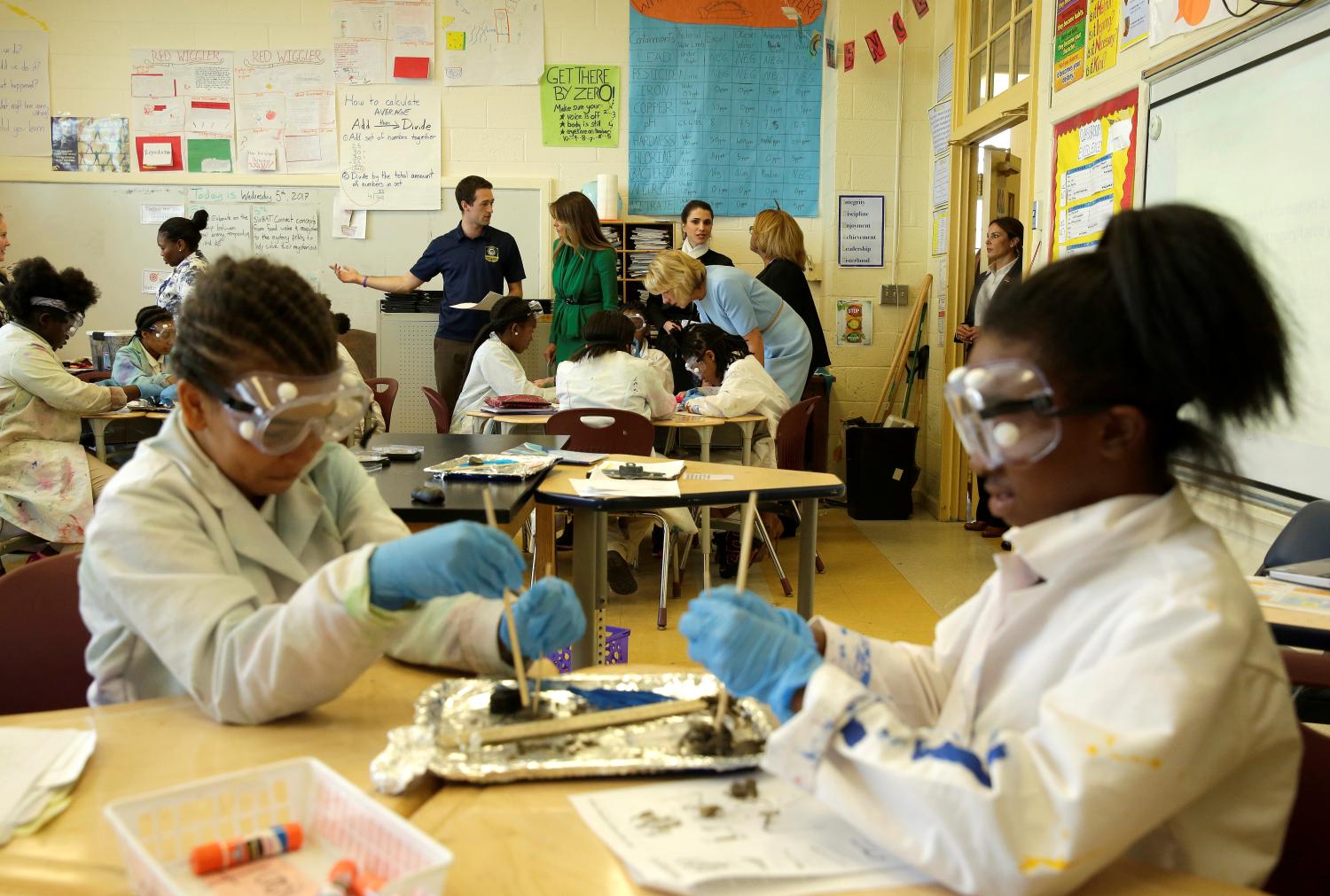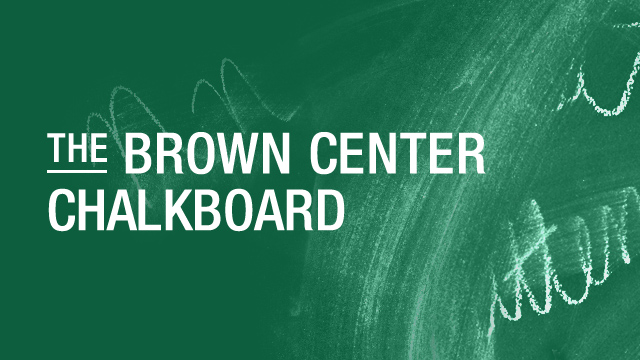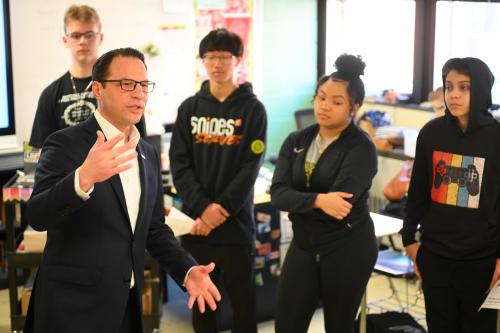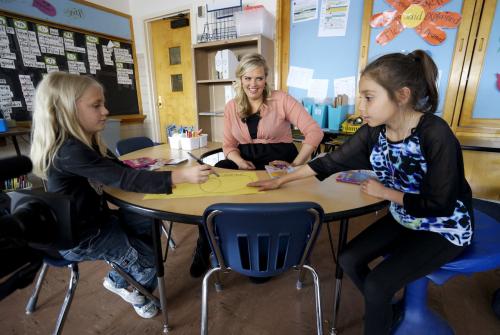Despite the recent change in political parties in our nation’s capital, colleges of education and teacher preparation programs continue to be blamed for the failure of public education. Indeed this blame is not new; it has a long history and deep roots designed to distract the broad base of education stakeholders from co-engaging in the kind of dialogue and inquiry needed to develop effective, lasting educational reform. This is especially true for those students and their families who have been the most persistently and pervasively underserved by America’s public schools.
Although currently being singled out as being a main reason why U.S. schools are failing, teacher education faculty—like us—are often exceptionally committed to authentically improving their practice. Toward this end, we seek to bring about an approach to educational policy discussion and decisionmaking in which the voices of students, parents, teachers, school officials, and teacher educators are made central. While we live the everyday realities of public education and experience the direct impact—both positive and negative—of education policy, we are rarely included in its development or implementation.
To the extent that students, parents, teachers, school officials, and teacher educators have been at the education policy discussion and decisionmaking tables, they have been there as discrete, cherry-picked representatives, not identified according to established metrics of excellence in evidence-based practice to ensure they comprise representative samples relative to other involved stakeholders.
Further, all of these groups have been engaged late in the game, after many policy considerations have been determined. The policy discussion, development, and decisionmaking offered has been narrowed down to options pre-determined for them instead of co-developed with them. Therefore, options considered and implemented rarely include pathways for strengthening existing public school structures and practices, such as community advisory boards, and instead increasingly prioritize privatized alternatives presented as viable solutions before they have even been implemented, much less carefully evaluated.
As a result, education policy has not emerged from the “real” experiences of students and their families, nor the real work of teachers and teacher educators, but rather by private sector transferees, career politicians, and a few others largely educated in elite private schools—with little to no experience in underserved public school communities. For example, of 11 U.S. secretaries of education, only three have teaching experience, of whom one worked primarily in charter schools. Notably, the other seven earned medical, law, or public policy degrees, and then entered the political arena early in their careers or after working in the private sector. While these positions absolutely require a variety of skills and experiences, some of which may be gained outside schooling, a void of experience in traditional public education classrooms presents a dangerous gap of understanding of the individuals most impacted by their power and policy-making. This void is seen most starkly in the current secretary; it is not coincidental that she is also viewed as the most hostile to public education.
These very troubling concerns notwithstanding, in an effort to walk our talk here, we see an opportunity for “developing policy with” within the Every Student Succeeds Act (ESSA). At least in writing, ESSA claims to prioritize the involvement of multiple state-level stakeholders in the implementation of its federal regulations. States are, in fact, required to “engage meaningfully with a wide range of stakeholders to create a common vision of educational opportunity and accountability.” If authentically implemented, ESSA would be a major departure from No Child Left Behind’s top-down approach by making substantive input from students, parents, teachers, school officials, teacher educators, and others required in the development of state-level educational policy. We see this as a step in the right direction, especially if states in which such input pre-dating this ESSA requirement are acknowledged and credited, and not forced to reinvent a wheel that they already have up and running.
We also see this as recognition that the top-down approach previously championed by traditional policymakers is now being recognized by those same policymakers as unsuccessful, and perhaps partially responsible for the state of PK-12 education and teacher preparation today.
We realize that policymakers enact their power due to complex and often conflicting input: what they perceive as the desire of their constituents outside of education as well as research carried out by organizations and institutions with a variety of intentions.
Yet—and possibly because of this—where the ice still clearly remains the most solid at the moment is with respect to teacher education. Despite the flurry of recent federal- and state-level attention being given to meaningful PK-12 teacher and family relationship building, the inclusion of teacher educators and college of education leaders in those efforts has been limited, if not merely incidental, and continues to narrow.
Though too often erroneously cast as out-of-touch and anathema to dynamic change, teacher educators’ long-standing and ongoing rigorous work to document educational challenges and test educational solutions is widely known and, outside highly charged political arenas, generally well regarded. We, too, want—and have worked to bring about—innovative egresses to the most intractable educational predicaments. Though we, as teacher educators, have undertaken this work in the face of increasing policy restrictions that often hinder our efforts for change, we are eager to shed any grudges in favor of joining in sincere attempts to make education work for all students. Accordingly, whether invited or not, acknowledged or not, we are participating in the co-creation of ESSA’s common vision—for educational opportunity and accountability, yes, but first and foremost for educational equity. We welcome all comers—please, join with us.
The Brookings Institution is committed to quality, independence, and impact.
We are supported by a diverse array of funders. In line with our values and policies, each Brookings publication represents the sole views of its author(s).






